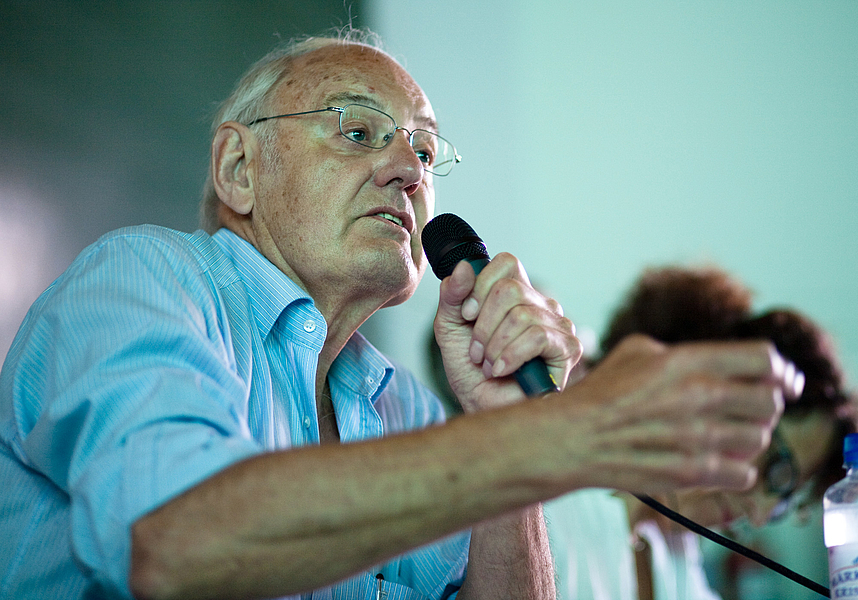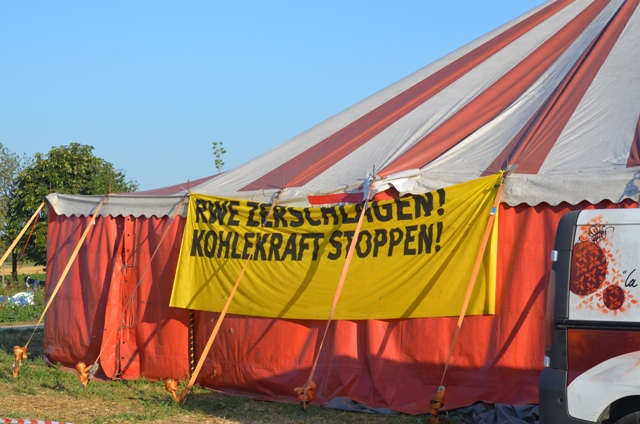A new Left has to be an ecological Left, or it won’t be left at all. Environmental change ‘changes everything’ for the Left too, Naomi Klein argued. Capitalism requires constant expansion, an expansion predicated on exploitation of humans and non-humans, that irreversibly damages the climate. A non-capitalist economy will have to sustain itself while contracting. But how can we redistribute or secure meaningful work without growth? There is not yet a concrete ‘economics of degrowth’. Lamentably, Keynesianism is the most powerful tool the Left, even the Marxist Left, has for dealing with issues of policy. But this is an economics of the 1930s when unlimited expansion was still possible and desirable.
Read the whole article in the New Internationalist
„Wer von der Akkumulation des Kapitals nicht reden will, soll zum Wachstum schweigen,“ so einer der vielen prägenden Sätze des Politikwissenschaftlers Elmar Altvater, der am 1. Mai gestorben ist. Als Lehrer, Redner, Autor und kritischer Denker ist sein Werk prägend für die deutschsprachige wachstumskritische Debatte und darüber hinaus. Die Diskussion um Postwachstum und Degrowth hat viel von ih...
Dieser Text ist eine gekürzte Fassung des Beitrages zur Jugendumweltbewegung für „Degrowth in Bewegung(en)“ Wir sind beide langjährig mit der BUNDjugend ehren- beziehungsweise hauptamtlich verbunden und sprechen daher vor allem für diesen verbandsgeprägten und organisierten Teil der Jugendumweltbewegung. Gleichzeitig fühlen wir uns als Teil der Degrowth-Bewegung. Dieser Text ist eine subjekti...

Für unsere Degrowth Konkret - Klimagerechtigkeit Sommerschule 2015 suchen wir noch nach Anbieter*innen von Kursen. Die Sommerschule findet vom 9. bis 14. August 2015 im Braunkohleabbaugebiet Rheinland zusammen mit dem Klimcamp statt. Die Kurse sollen als Herzstück der Veranstaltung 4 oder 2 Tage lang laufen und damit die Möglichkeit zur Themenvertiefung bieten. Eine bestimmte Form oder Struktur...